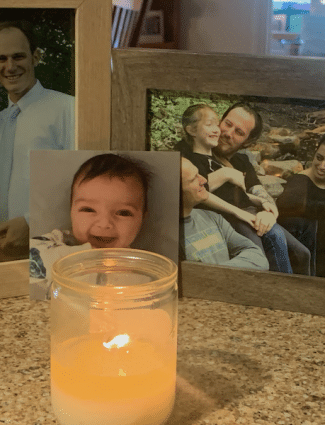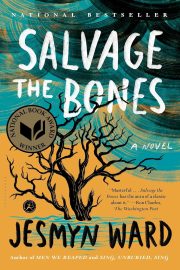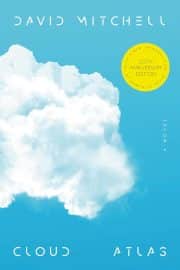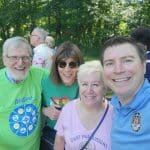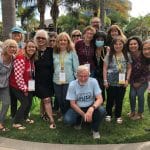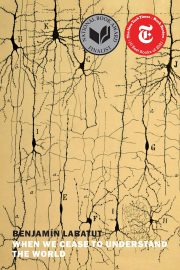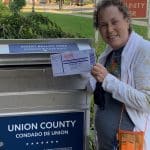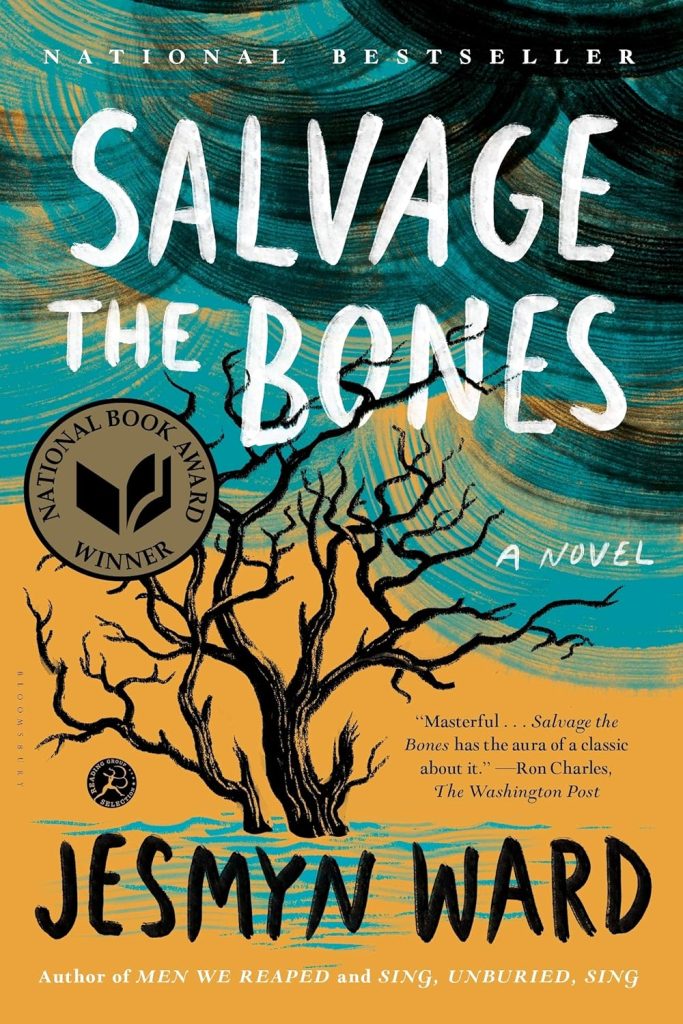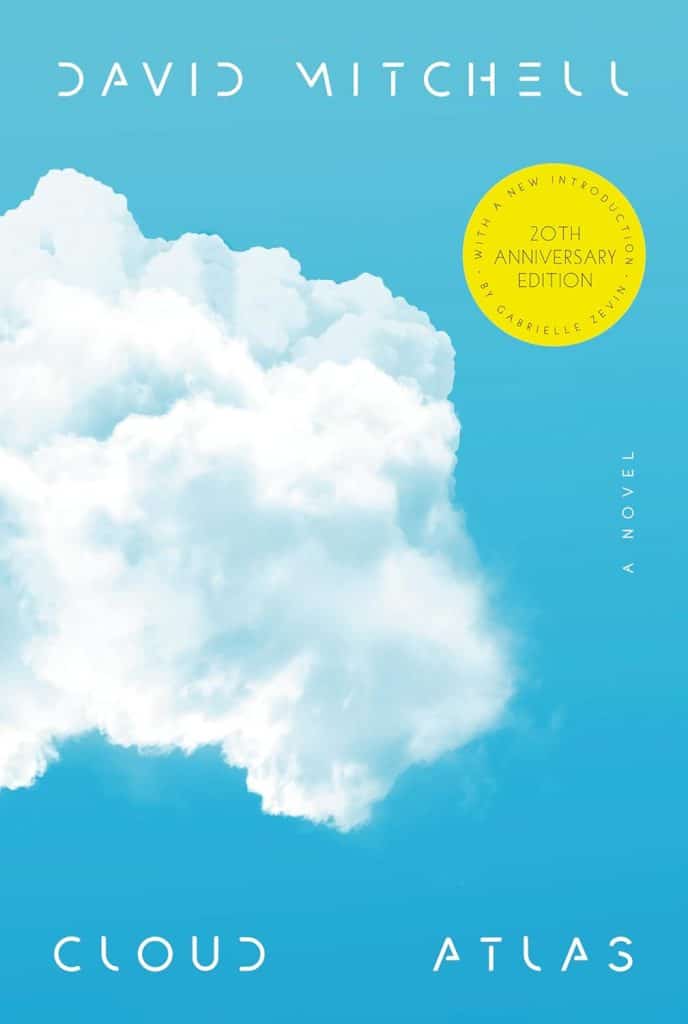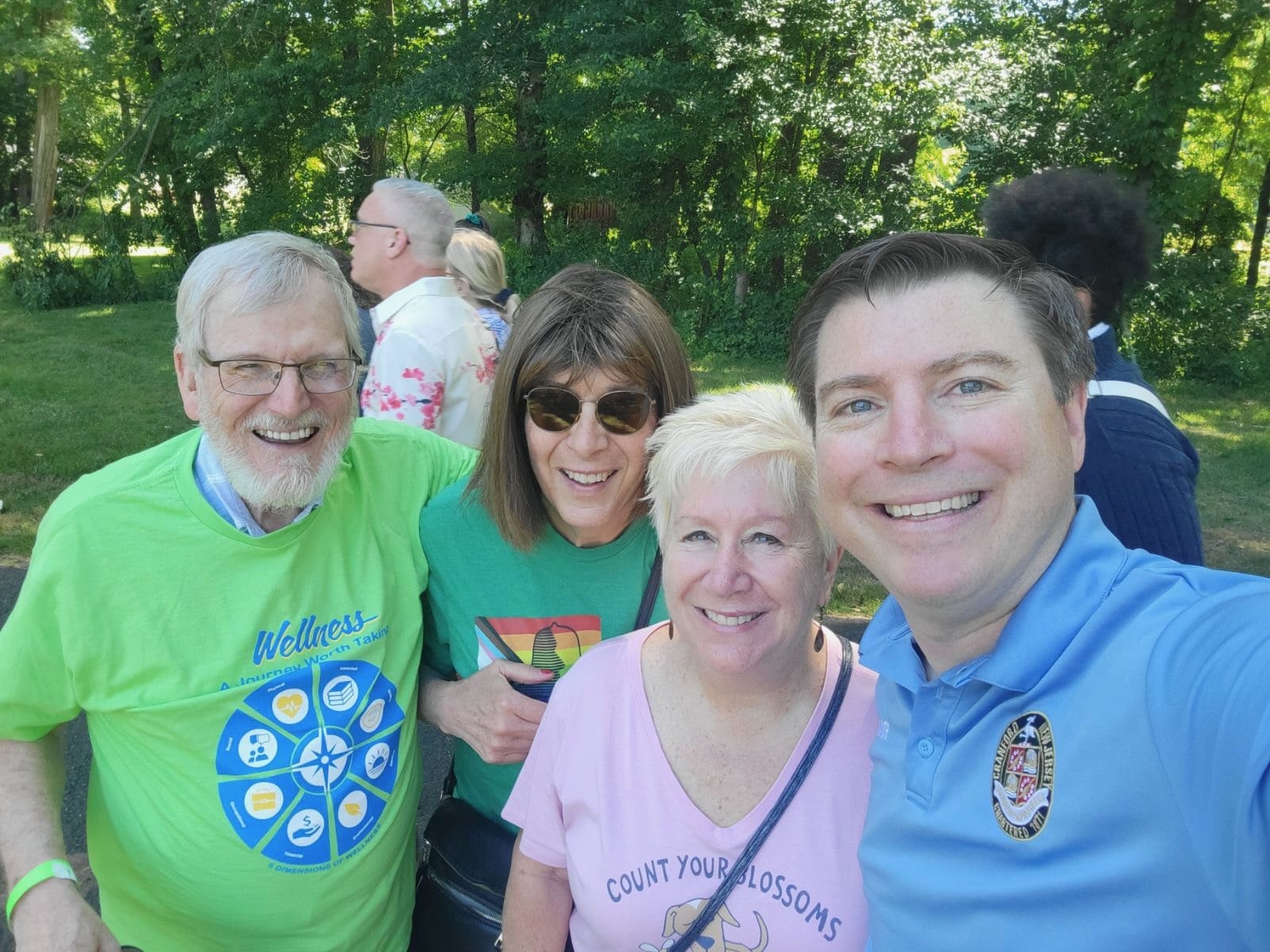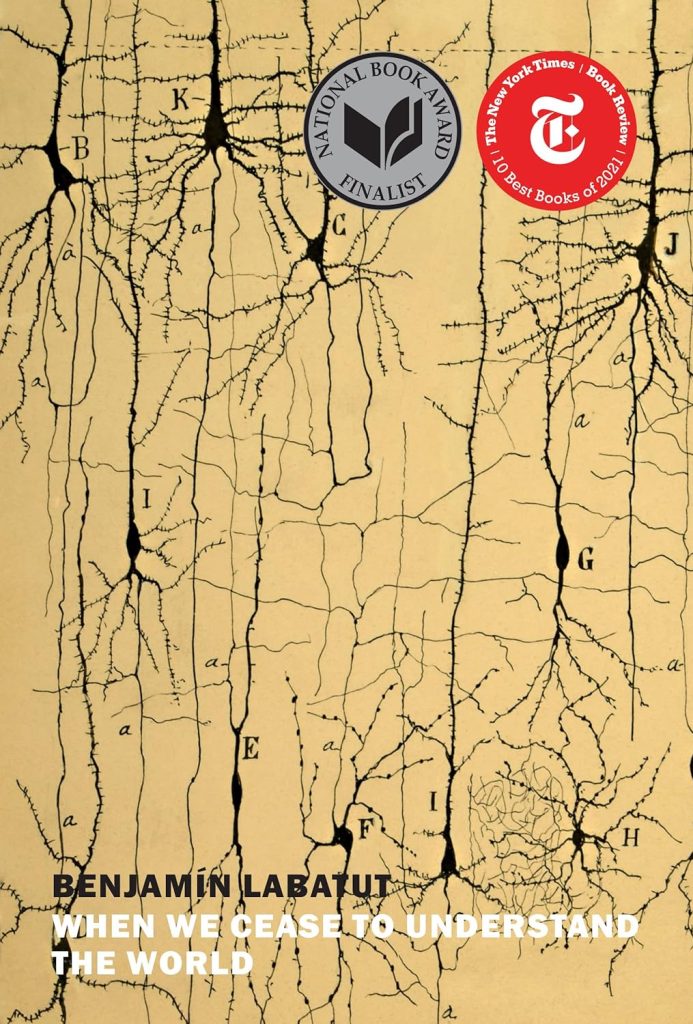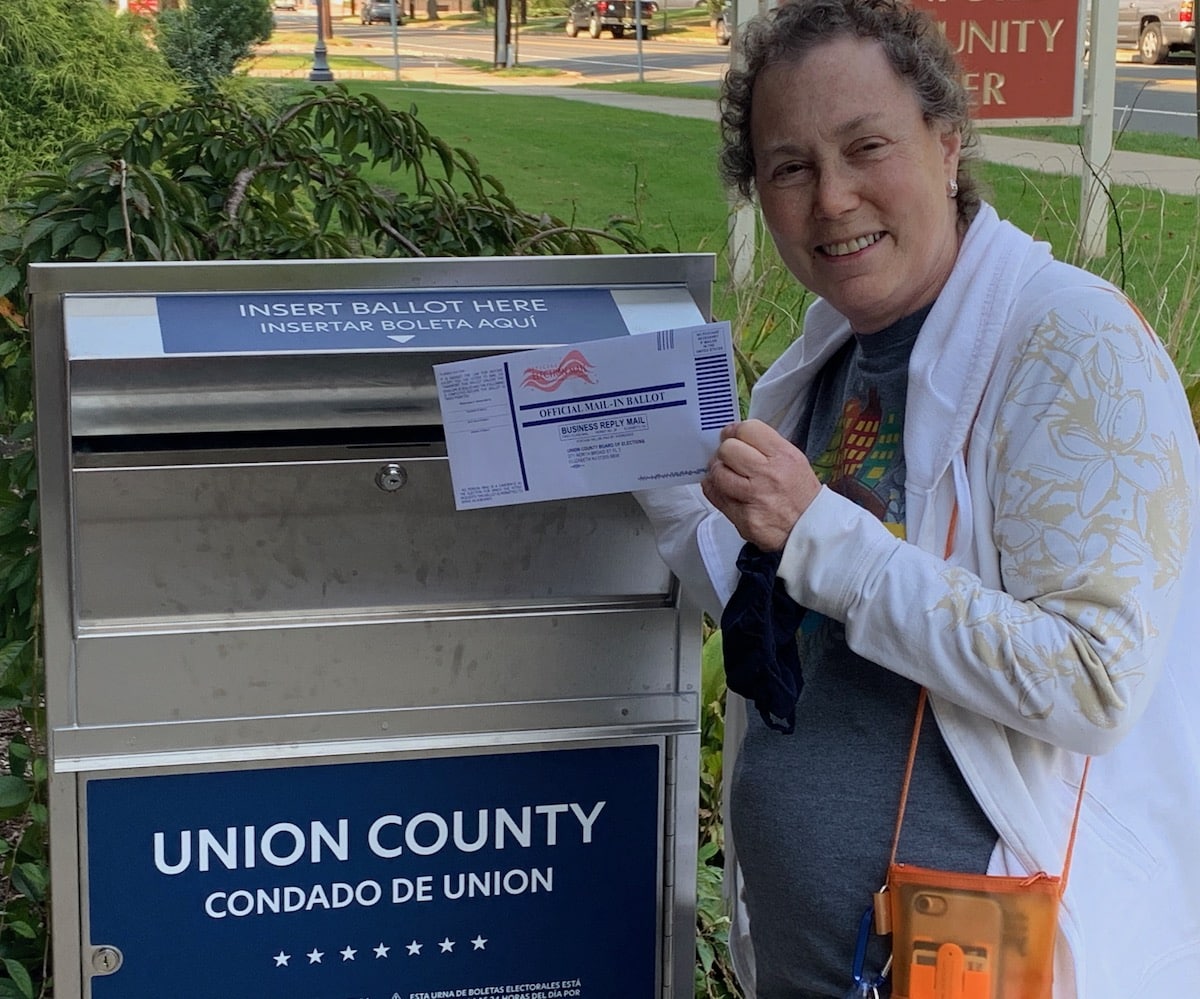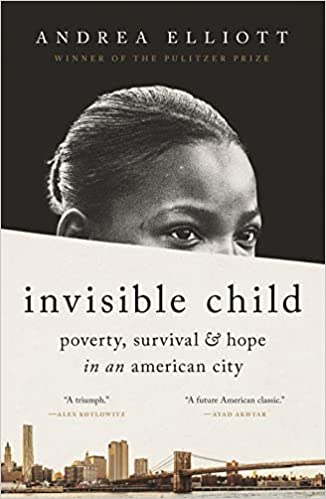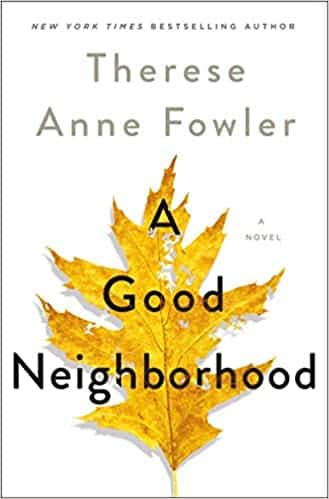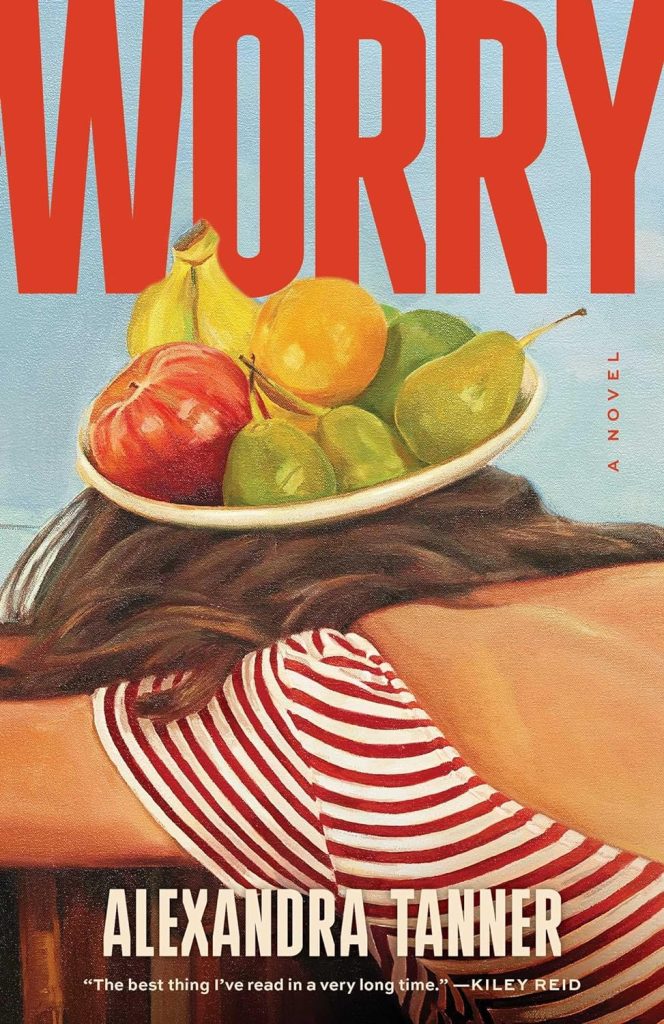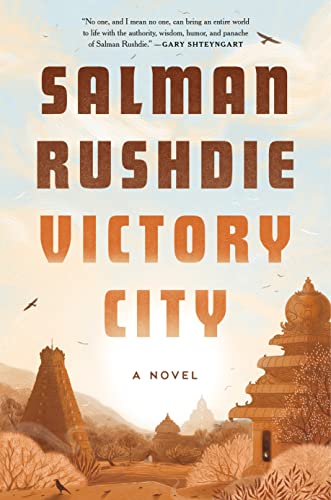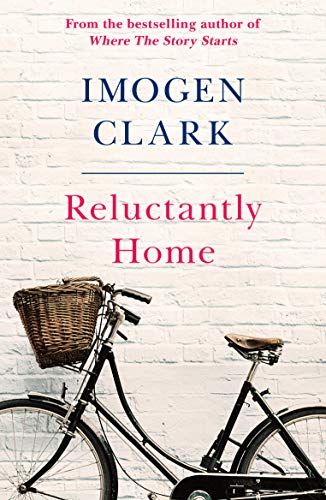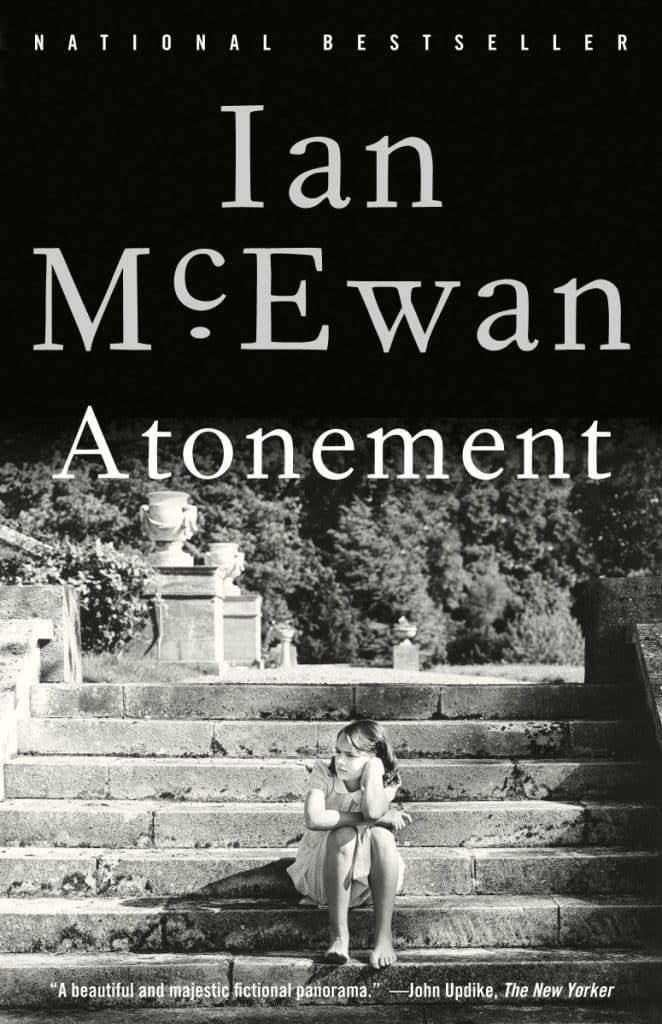I've started reading "Salvage the Bones: A Novel" by Jesmyn Ward, a two-time National Book Award winner and author of "Sing, Unburied, Sing." The book delivers a gritty yet tender story about family and poverty in the days leading up to Hurricane Katrina. Hurricane Helene's devastation makes it the perfect time to read this book. The novel is among The New York Times' 100 Best Books of the 21st Century.
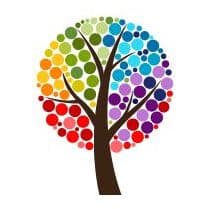
High Holiday Meditation Cleanses My Soul
A Unique Start to Second Day Rosh Hashana
Rav Uri, our Rabbi and a teacher of wisdom and compassion at Temple Sha’arey Shalom, sat at the front of the synagogue on the second day of Rosh Hashanah, setting the tone for the day by inviting everyone to join him in a few moments of meditation. With gentle guitar melodies and a soothing voice, he created an atmosphere of peace and tranquility I had been searching for since my wife’s passing. Despite my initial doubts, his music and words had an unexpected effect, lulling me into a calm state I hadn’t thought possible.



